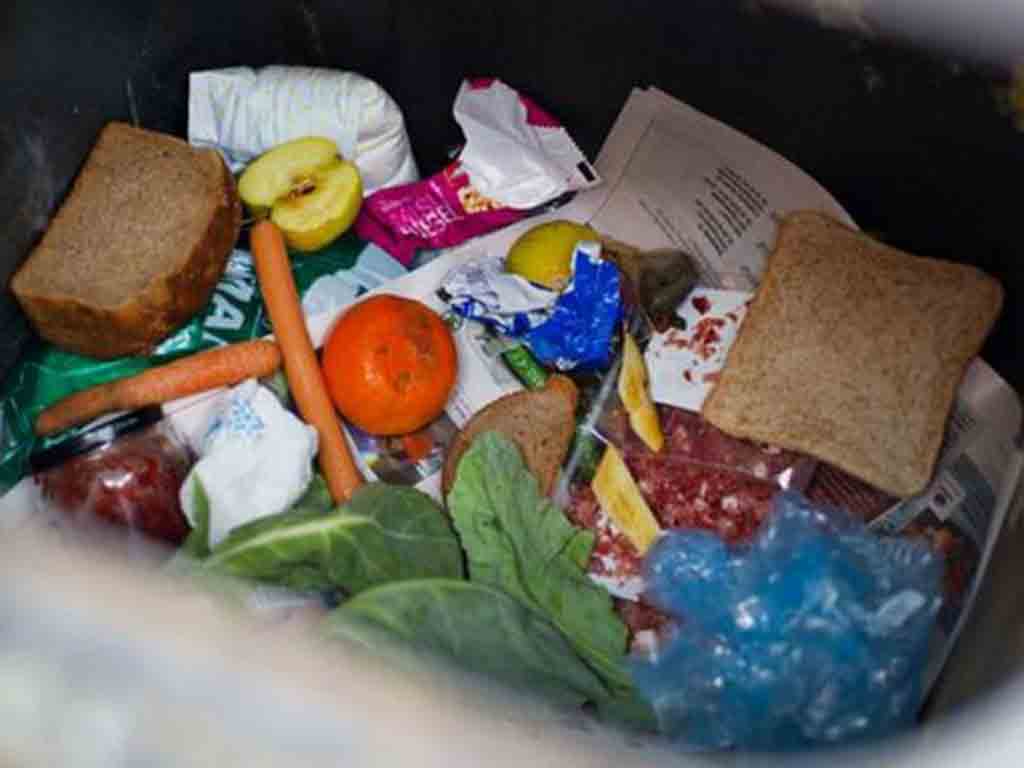“Food waste is a global tragedy. Millions of people will suffer today due to food waste around the world,” UNEP Executive Director Inger Andersen said when presenting the study.
The assessments took into account food waste by retail entities and consumers. That is, just a part of the universe and without comprehensive data on the reality of all nations.
Only four Group of Twenty (G20) countries (Australia, Japan, the United Kingdom and the United States), as well as the European Union, have adequate estimates of food waste to track progress to 2030, UNEP said.
Even so, the available data allowed us to conclude that in 2022 more than 1.050 billion tons of food waste were generated internationally (including inedible parts) and 60 percent (631 million tons) came from households.
In addition, 28 percent came from food services and 12 percent from retail, the report states.
In order to characterize the seriousness of the situation, UNEP resorted to a per capita calculation, the hypothetical result of which indicates that the waste was equivalent to each person on the planet having wasted 79 kilograms of food every year.
Following the same hypothesis, the equivalent of one billion meals was wasted at homes every day, or in other words, 1.3 meals a day for people affected by hunger in the world.
jg/jav/rgh/mjm










